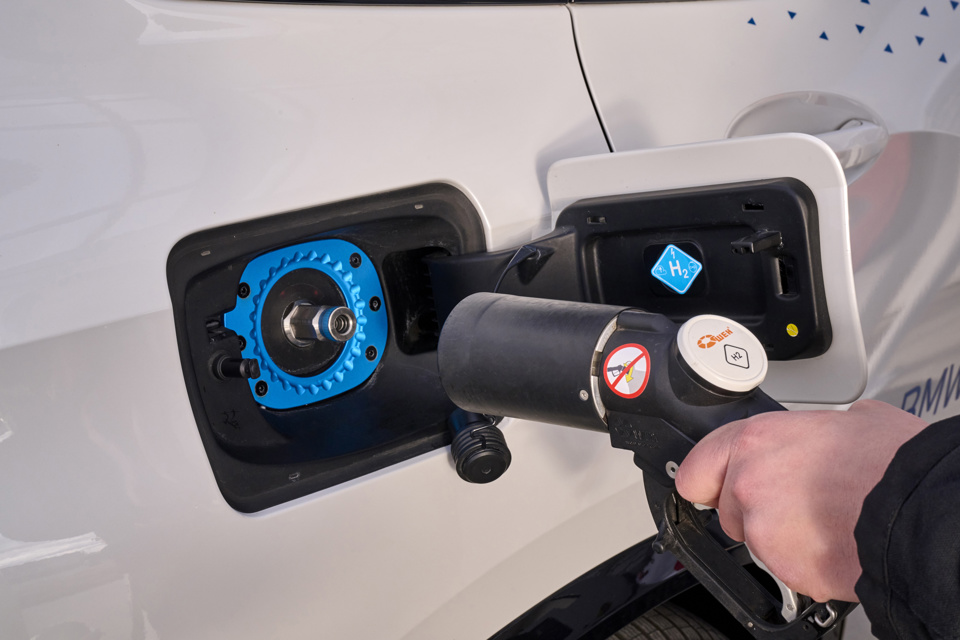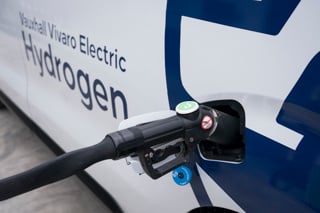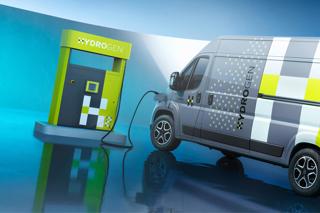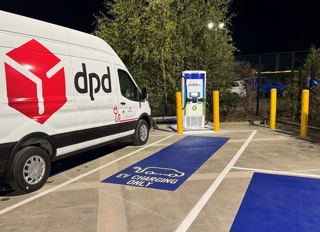BP has signalled its commitment to the development of hydrogen refuelling infrastructure by joining H2Accelerate.
Its members are working towards the deployment of the hydrogen refuelling network required to support a pan-European hydrogen trucking system.
With an ambition to become a net zero company by 2050 or sooner, BP aims to invest in building infrastructure to support freight transport across major road networks in mainland Europe and the UK by 2030.
It has been welcomed to the collaboration as a key future infrastructure provider for heavy-duty hydrogen vehicles.
Hannah Bryson-Jones, spokesperson for H2Accelerate, said: "BP has extensive experience and expertise across the deployment of hydrogen production and refuelling technologies.
“Combining that expertise with other hydrogen refuelling players and truck manufacturers, through the H2Accelerate collaboration, we can work together to accelerate the dawn of hydrogen trucking.
“We are very excited for BP to be joining the collaboration as we shape the transformation towards sustainable transportation."
Hydrogen is seen as a potential low carbon energy source for transport that is difficult to electrify. By working across a number of its businesses, BP says it intends to provide customers the use of – and access to – hydrogen along main road networks.
Emma Delaney executive vice president, customers and product at BP, said: “BP is transitioning from an international oil company to an integrated energy company and having a key role in mobility.
“Hydrogen will be a key energy for heavy duty transport supporting carbon emissions reduction.
“To deliver this at both scale and pace will need companies across industries to work together, and this is exactly why we see collaborations like H2Accelerate as so valuable.”
Two projects received a share of £8 million in Government funding to support and develop hydrogen-powered transport in the north-east of England.
Element 2 will create four new publicly accessible hydrogen refuelling stations, which will be used to fuel a range of vehicles, from airside vehicles to heavy goods vehicles (HGVs), including supermarket delivery trucks.
The second project, led by ULEMCo, will develop hydrogen-powered airport ground-based support vehicles, such as tow trucks for aeroplanes and sweepers to clean runways.
This will be based at Teesside international airport, which will help the airport reach its goal of being net zero by 2030.






















Login to comment
Comments
No comments have been made yet.